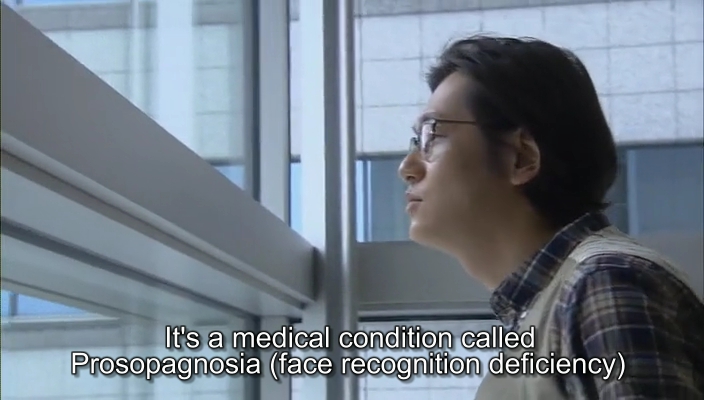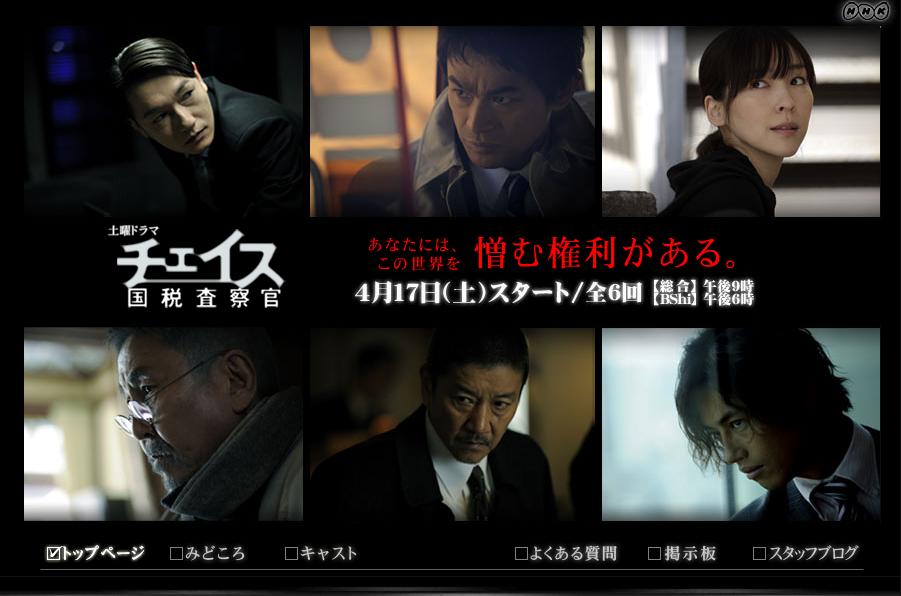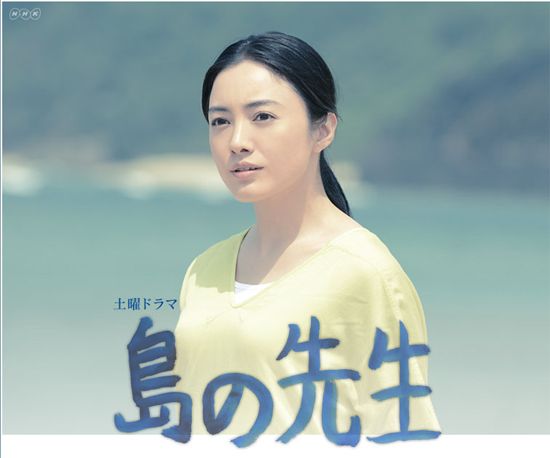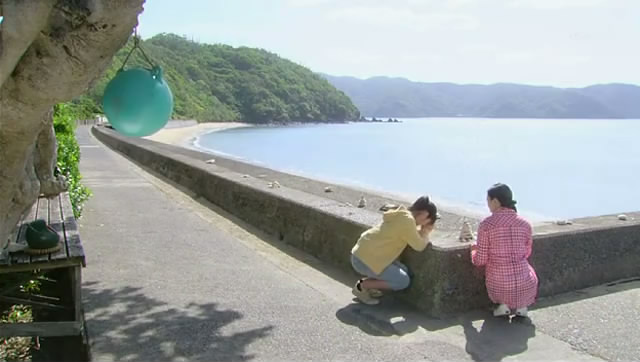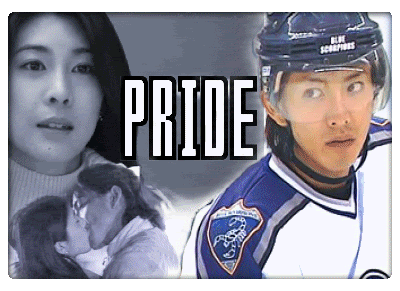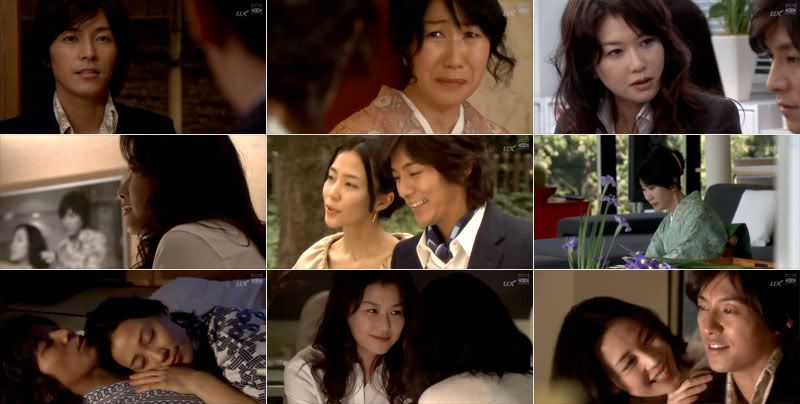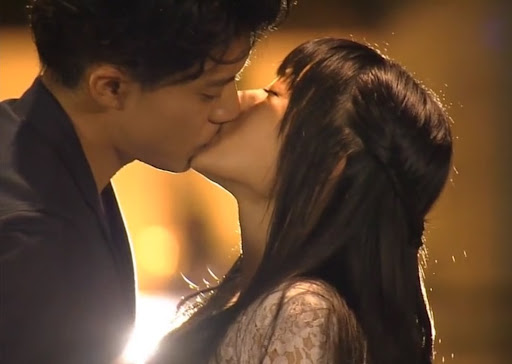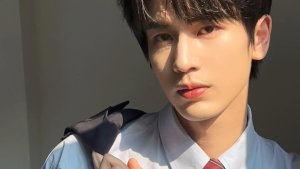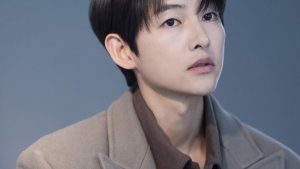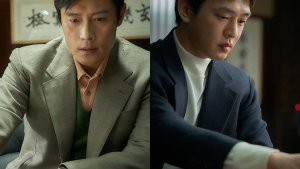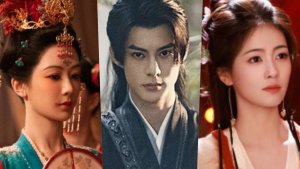In Dramaland, Everything Is Mom’s Fault!
WARNING: This article contains spoilers for Rich Man, Poor Woman; Chase; Shima no Sensei; Pride; Yako no Kaidan and Biblia Koshodou no Jiken Techou; Usagi Drop; and the anime This Ugly Yet Beautiful World.
The subject line may sound harsh. Is everything really the mother’s fault in Dramaland? Well, it depends on what we mean by “fault”. There are many kinds of mother figures in fiction as well as in the real world. I think most mothers love their children a lot even in dramas! However, there are also many kinds of ”scary moms”, for example:
1) The Emotionally Cold Mother
2) The Controlling Mother
3) The Absent Mother.
In this article, I’ll only talk about the third category. Why are there so many Absent Mothers?! After some time of drama-watching, I could see a tragic pattern that interested me…
Rich Man, Poor Woman was the first j-drama I watched. Hyuga Toru (
Oguri Shun), the founder and president of Next Innovation, is a successful and brilliant young man, but he has a problem: He can’t remember names or faces.
There is one name, however, that means something to him; and that’s the name of his mother. The thing is, his mother literally walked out of his life when he was a little boy, and he has never seen her since. In the drama, we see him in a flashback, crying on an empty street for his mother to come back, but she walks away from him. This emotional scar explains a lot of the way he relates to other people.
In
Chase, we see that the tax evasion consultant Murakumo Shuji (
Iura Arata) can do just about anything for money, and as a lover and father, he is cold and distant. However, there’s a dark secret in his past that explains his attitude, as well as the fact that he only has one hand…
Those are only two examples, but listen to this: In
Shima no Sensei we have 2 Abandoning Mothers, 1 Emotionally Cold Mother, and 1 who once lost her temper.
The teacher Chihiro (
Nakama Yukie) lives on an island, and her small school accepts overseas students who need a safe environment. In the first episode, the middle school student Yuya is brought there by his mother under the pretext of protecting him from being bullied. The real reason, however, is that she can’t handle that he is a bit slow and clumsy. She finds it easier to send him away so that she doesn’t have to see him.
Yuya’s new classmate, Moeka, has a good relationship with her mother, but only until the mother realizes her new boyfriend’s intentions are serious. She thinks that he won’t propose if he finds out that Moeka exists, so she tells her daughter that she can’t come home anymore. How cruel is that?!
After that, I watched
Usagi Drop, the anime version. The main character finds out that his grandfather had a child with his maid, a young girl who wasn’t ready for the responsibility and set out to be a manga artist instead.
Later I watched the anime
This Ugly Yet Beautiful World. The main character lives with his aunt and uncle because… Yes, exactly; his mother went away somewhere in his early childhood. He cried for her to come back; she turned her back on him, saying that she was sorry, but she had to go. His best friends were abandoned by both of their parents without explanation.
The flashback scene was similar to the one in RMPW. This made me wonder if perhaps the Absent Mother is a recurring trope in Japanese fiction.
I know that
Pride is a drama that many people love… I haven’t finished it, to be honest. I only watched it up to the point where the main character was told that Halu (
Kimura Takuya) was abandoned as a child. This was not the reason why I put it on hold, but it was reason enough to say: “Wow… in Dramaland everything really is the mother’s fault!”. It seemed to me that this experience explained some of Halu’s general attitude.
Yako no Kaidan is about Sayama Michio (
Fujiki Naohito), an up-and-coming stylist with a thirst for blood. When he was ten years old, his mother walked out of his life and never came back. I was like: “What?! Again?!” I’m not sure if this childhood trauma is supposed to explain his violent nature, but it’s there like a shadow from his past…
When I realized that even the main character in
Biblia Koshodou no Jiken Techou had experienced the same thing, I just shook my head in wide-eyed amazement. How come this is the most frequently recurring plot line I’ve encountered so far?!
I understand that it’s useful: It makes character A vulnerable, and character B can be there to “heal” their emotional scar, or something like that. But why? It might have to do with Japanese culture and society (being a single mother is too hard?), but I don’t have the knowledge to say so for sure. What are we, as the audience, supposed to think and feel? Are we to take this as a valid excuse for bad behavior, should we condemn the mothers and think of them as terrible, or are we supposed to take it as a critique against a society that makes mothers desperate? We rarely get to see the woman’s point of view in these stories…
Luckily, this doesn’t mean that there’s no happy ending in sight for these characters!
I’m not saying mothers have to be perfect. I think that all parents face challenges, some of which are probably universal and some that are unique to their own circumstances. And j-drama, as we know, is not only a part of Japan, but also a fictional universe with its own set of principles! My journey to discover it has just begun… What about you guys? Feel free to tell me your thoughts!
 What Type of Drama Lover Are You?
What Type of Drama Lover Are You?


